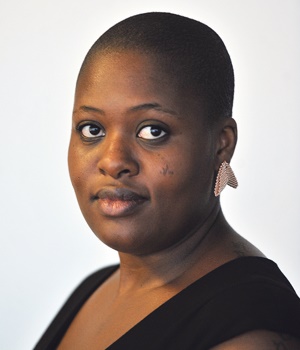
Marking and observing Freedom Day can be a conflicting process, because the question of what is appropriate for the day arises. Do we celebrate or do we speak honestly about how substantive socioeconomic freedoms are still not available to so many?
The truth is, we must be able to do both at the same time. We are not a country of simple challenges and stories and, if we are to have an honest conversation about what freedom really means today, we must be willing to ask what kinds of freedoms are realised, and for whom. At the same time, we must bear in mind the massive significance of the political freedom attained in 1994. In attempting to make sense of contemporary times, we must be clear about what April 27 1994 did, and also what it didn’t do.
At the same time, we mustn’t be precious about admitting the very significant shortcomings and failures of our political freedom.
It is of utmost importance to be cognisant of the far-reaching horror of the thing that came before.
This cannot be emphasised enough.
However, as we begin to ask, “What kind of country do we want for ourselves?” we need to also hold ourselves to a higher standard than simply saying, “At least today is better than what came before 1994.”
The standard was so appalling and terrifyingly low under apartheid (in terms of freedoms and rights) that almost anything can be “better”. We have also seen how “better” has not protected millions from differing and indefensible kinds of violence.
“At least” has meant we have, according to Stats SA, settled for a society with growing inequality where the current generation of young people has emerged as less skilled than their parents – a damning indictment of our freedom and equality project.
What is freedom today when inequality means that access to public education is determined by financial means, and access to said means is still highly racist? In a country where, to be a woman, queer or trans is a terrifying experience, “at least” is simply not good enough.
Sekoetlane Phamodi, of Johannesburg People’s Pride, crucially asks: “Can you hold the Constitution against your vagina and they’ll stop raping you?”
And, when the dire and often devastating reality of living in this country is raised, it is not enough to simply point to political freedom. We must deepen the experience of it and not hide behind having “at least” attained political freedom.




 Publications
Publications
 Partners
Partners








